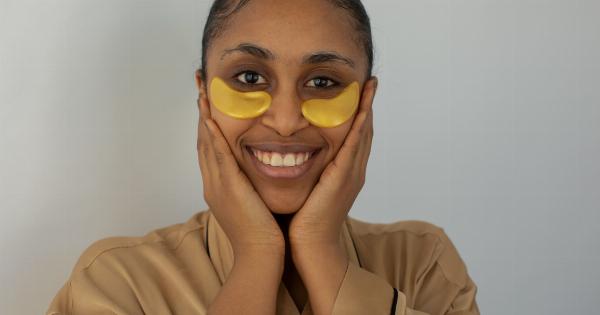Contact lenses are a great alternative to eyeglasses. They’re comfortable, convenient, and can help you see clearly without being bothered by the frames resting on your nose and ears.
However, they require proper care and maintenance to avoid infections, irritations, and other eye problems. Here are ten tips to help you take care of your contact lenses and keep your eyes healthy.
1. Wash Your Hands Before Handling Your Lenses
First and foremost, it’s essential to wash your hands thoroughly with soap and water before you touch your contact lenses.
Your fingertips are carriers of bacteria, viruses, and other contaminants that can transfer to your lenses and cause infections or eye problems. Use a mild soap and warm water to wash your hands and dry them with a lint-free towel before handling your lenses.
2. Clean and Disinfect Your Lenses Regularly
Cleaning and disinfecting your contact lenses regularly can help remove dirt, debris, and bacteria that can accumulate on the surface and cause eye problems.
Follow the instructions provided by your eye doctor or lens manufacturer for the right cleaning and disinfecting solutions, and avoid using tap water or homemade remedies, as they can be contaminated and unsafe for your eyes.
3. Store Your Lenses Properly
When you’re not wearing your contact lenses, it’s vital to store them in a clean, dry, and safe container. Avoid using your mouth or saliva to wet your lenses, as it can transfer bacteria and germs that can harm your eyes.
Always use fresh solution to store your lenses, change the solution daily, and replace your container every three months to avoid contamination and infection.
4. Avoid Contact with Water
Water, whether it’s from a shower, pool, or hot tub, can be a source of bacteria, parasites, and other contaminants that can stick to your contact lenses and cause infections or eye damage.
To protect your eyes, always remove your lenses before swimming or bathing and wear glasses or goggles instead.
5. Follow the Schedule and Replacement Instructions
Your contact lenses have a limited lifespan, and it’s essential to replace them according to the schedule and instructions provided by your eye doctor or lens manufacturer.
Wearing old or damaged lenses can cause irritation, discomfort, and increase the risk of eye infections.
6. Don’t Sleep with Your Lenses
Sleeping with your contact lenses can restrict the oxygen flow to your eyes, cause dryness, and increase the risk of eye infections.
It’s crucial to remove your lenses before sleep, especially if you wear them for an extended period or in dusty or smoky environments. Remove your makeup before taking off your lenses, as it can clog your tear ducts and cause inflammation.
7. Follow the One-Step Rule
The one-step rule means avoiding the mixing of different cleaning and disinfecting solutions when taking care of your contact lenses.
Using different brands or types of solutions can alter the composition and efficacy of each other and increase the risk of eye problems. Stick to the same cleaning and disinfecting solution recommended by your eye doctor or optometrist.
8. Avoid Rubbing Your Eyes
Rubbing your eyes aggressively can scratch or damage the surface of your contact lenses and increase the risk of infections. It can also transfer bacteria and germs from your hands to your eyes and cause irritation or redness.
Instead, try blinking or applying artificial tears to moisten your eyes and remove debris or irritants.
9. Attend Regular Eye Exams
Regular eye exams can help monitor the condition and health of your eyes and detect any changes or problems early on.
Your eye doctor or optometrist can also advise you on the best contact lenses for your needs, recommend the right cleaning and disinfecting solutions, and provide tips and techniques for proper lens care and maintenance.
10. Don’t Share Your Lenses
Finally, it’s crucial not to share your contact lenses with anyone else, even if they’re your family or friends.
Sharing lenses can transfer bacteria, viruses, or other eye infections from one person to another and increase the risk of complications or problems. Always use fresh lenses and sterilized containers, and never reuse or recycle them.




























